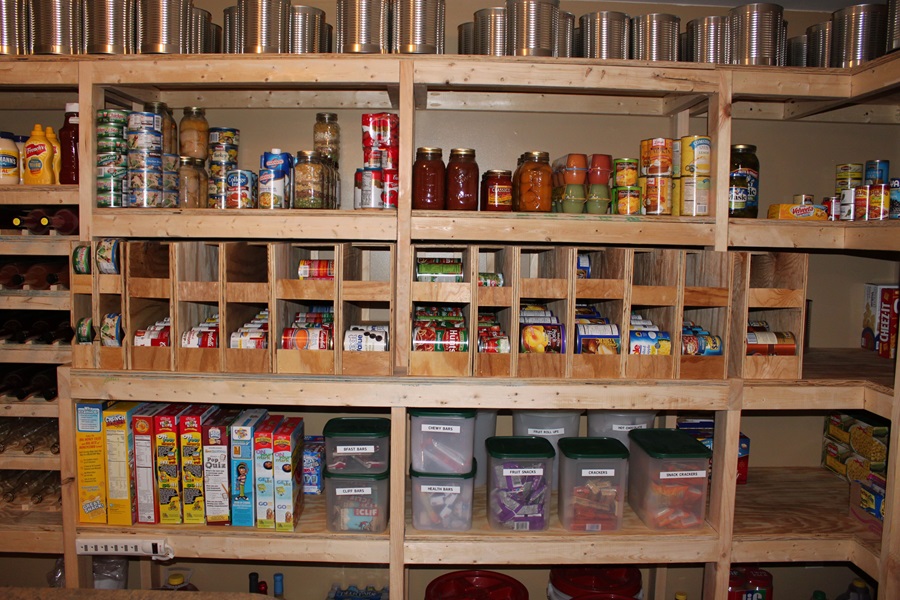The decision to own a home is monumental and comes with significant considerations. It’s a path paved with the promise of security and personal fulfillment but also bears the weight of financial and practical responsibilities. This comprehensive guide delves into the multifaceted nature of homeownership, laying out the benefits and challenges that come with this major life choice. Understanding these factors is crucial for anyone standing at the crossroads of deciding whether to embark on the journey of owning a home.
Contents
The Pros Of Owning A Home
Homeownership is not just about having a roof over your head; it’s an investment in the future and a foundation for stability. The following sections highlight the manifold benefits, from financial gains to personal comforts, that come with owning a property.
Financial Investment
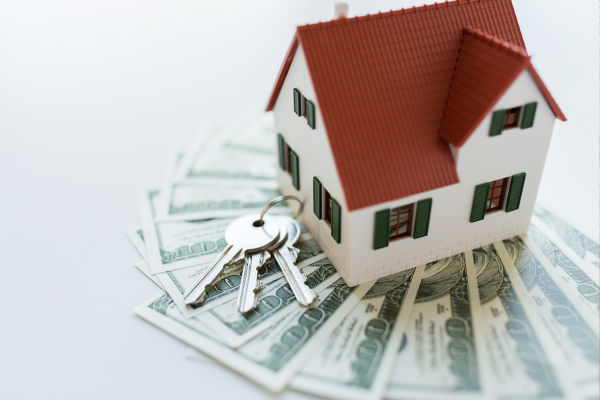
Owning a home is often seen as a cornerstone of financial well-being. This journey begins with the accumulation of equity, a tangible asset that grows over time as mortgage payments contribute more towards the principal rather than disappearing into a landlord’s pocket. This equity becomes a powerful financial tool, serving as collateral for loans or a nest egg for future plans.
Additionally, the tax system offers advantages to homeowners. These benefits, including mortgage interest deductions and property tax write-offs, not only ease the financial burden each year but also make the dream of homeownership more attainable and rewarding. The long-term financial gains of owning a home often outweigh the initial costs, making it a prudent investment for many.
Stability And Security

Beyond the financial implications, owning a home anchors an individual’s life with stability and security. The permanence of a mortgaged property shields one from the whims of landlords and the instability of rent fluctuations. This fosters a sense of control and predictability in one’s living situation, contributing to a more grounded and secure lifestyle.
Additionally, homeownership offers the freedom to tailor one’s living space without seeking a landlord’s approval. This autonomy allows homeowners to create a sanctuary that reflects their personal taste, needs, and lifestyle. The sense of security and personal identity that comes with homeownership is further cemented by the ability to make a space truly one’s own, enhancing the overall quality of life.
Community And Belonging

Owning a home often leads to a deeper connection with the surrounding community. This bond is fostered by the stability and permanence that homeownership brings, encouraging long-term relationships with neighbors and involvement in local affairs. Such engagement not only enriches social life but also fosters a sense of belonging and community spirit.
Homeowners typically invest more in their localities, participating in community events, supporting local businesses, and contributing to neighborhood improvement projects. This investment goes beyond the financial; it’s an emotional and social commitment to the area in which one lives. A strong community connection can enhance the living experience, providing support networks, friendship, and a sense of collective identity.
Privacy And Independence
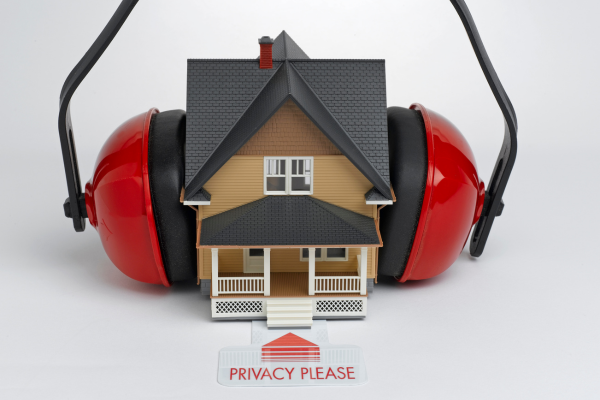
One of the most cherished aspects of owning a home is the increased level of privacy and independence it offers. Unlike shared living spaces or rental properties, a home provides a personal retreat, free from the oversight of landlords or the proximity of neighbors within the same building. This privacy is a sanctuary, a place where one can unwind and be completely at ease without external intrusions.
Moreover, homeownership grants the freedom to make decisions about the property. From designing the landscape to choosing paint colors, these decisions reflect the homeowner’s personal taste and style. This independence in decision-making fosters a sense of pride and attachment to the property, enhancing the overall satisfaction with one’s living situation.
The Cons Of Owning a Home
While homeownership has its benefits, it also comes with its own set of challenges and drawbacks. The following sections will explore the less discussed, yet significant, downsides of owning a home, from financial burdens to maintenance responsibilities.
Financial Burden

The financial responsibilities of owning a home extend far beyond the initial purchase price. The upfront costs, including the down payment, closing fees, and other related expenses, can be substantial. Moreover, homeowners must continuously manage ongoing costs such as mortgage payments, property taxes, insurance, and maintenance expenses, which can fluctuate and sometimes increase unexpectedly.
Another financial concern is the risk of property depreciation. Unlike other investments, real estate does not always appreciate in value. Market downturns, changes in neighborhood dynamics, or unforeseen events can lead to a decrease in a property’s value, posing a risk to the homeowner’s financial investment. This uncertainty adds a layer of complexity to the decision of buying a home, as it may not always be the infallible asset it is often perceived to be.
Maintenance And Upkeep
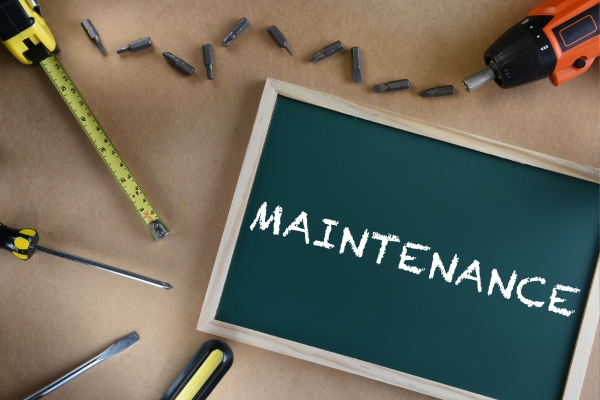
Owning a home requires a significant commitment to maintenance and upkeep, a responsibility that falls solely on the homeowner. This not only involves regular tasks such as cleaning and landscaping but also more significant repairs and renovations. The cost and effort required to maintain a house can be substantial and often unexpected, ranging from minor repairs to major issues like roof replacement or plumbing problems.
Additionally, homeowners must stay vigilant about the ongoing needs of their property. Unlike renters, who can rely on landlords for most maintenance issues, homeowners must either develop the skills to handle these tasks themselves or have the financial resources to hire professionals. This aspect of homeownership can be particularly challenging, as it requires both time and money, and the inability to promptly address maintenance issues can lead to more significant problems down the line.
Lack Of Flexibility
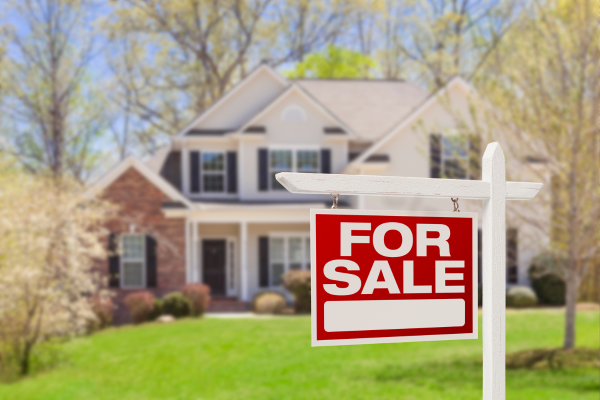
The commitment to a specific location inherent in homeownership can also be a downside, particularly in terms of flexibility. Selling a house and relocating can be a complex, time-consuming, and often expensive process. This lack of flexibility can be a significant drawback for those whose careers or lifestyles require the ability to move frequently or on short notice.
Moreover, the housing market’s volatility can affect a homeowner’s ability to sell their property when desired. Market conditions, which are influenced by a variety of unpredictable factors, can significantly impact the ease of selling a home and the financial return on the sale. This uncertainty can make homeownership less appealing for those who value or require the ability to relocate easily.
Market Dependency And Risk
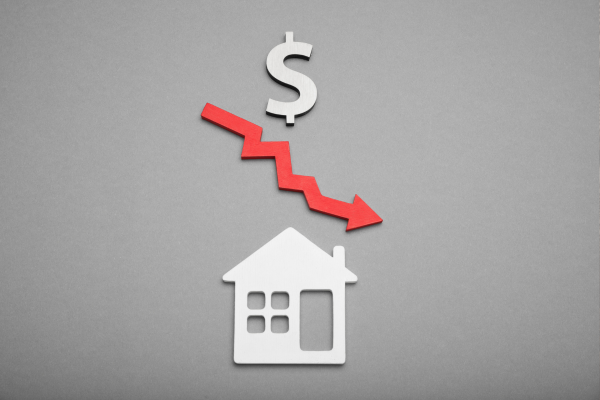
Homeownership is closely tied to the real estate market, which can be both a benefit and a risk. The value of a home is not just dependent on its condition or features, but also on the state of the local and national housing market. Fluctuations in the market can significantly impact the value of a home, sometimes positively, but at other times negatively.
This market dependency introduces an element of risk for homeowners. Economic downturns, changes in local employment rates, and shifts in neighborhood popularity can all affect property values. Homeowners must be prepared for the possibility that their investment might not appreciate as expected, and in some cases, may even lose value. This uncertainty is a crucial factor to consider when evaluating the long-term financial implications of buying a home.
The Bottom Line
In conclusion, while homeownership offers many benefits such as financial investment, stability, and a sense of community, it also comes with its own set of challenges. These include financial burdens, the need for ongoing maintenance and upkeep, lack of flexibility, and additional responsibilities. Prospective homeowners should carefully consider these factors and evaluate how they align with their personal circumstances, financial situation, and long-term goals. Making an informed decision about homeownership is crucial, as it is not only a significant financial investment but also a lifestyle choice that can have a profound impact on one’s daily life and future.
